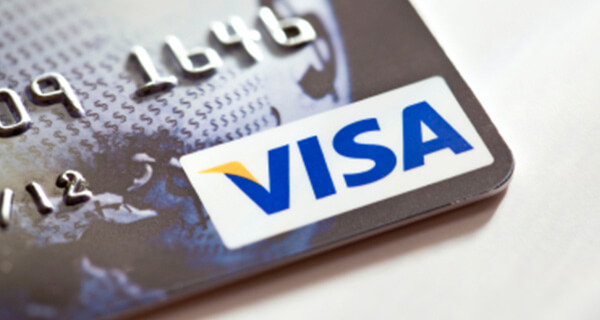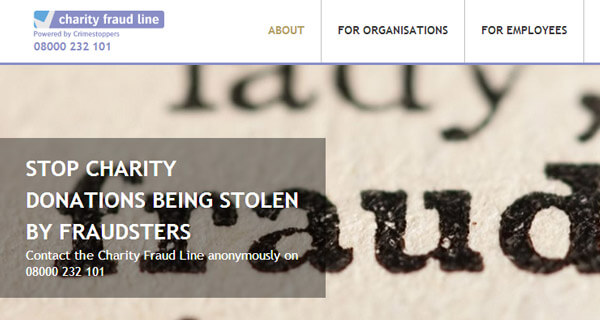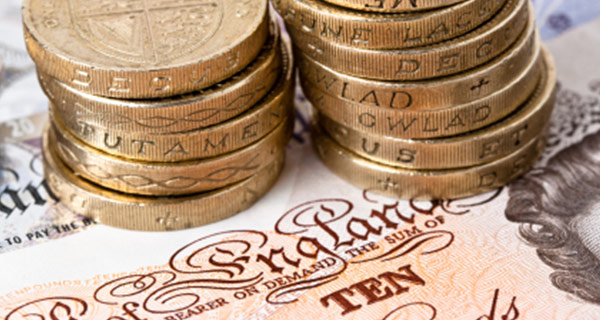The Charity Commission and Fundraising Standards Board (FRSB) have joined together to produce some guidance on how to avoid giving donations away to fraudsters this Christmas.

Almost all collections are genuine, but some people will try to abuse the generosity of others for their own gain. With some charities having experienced fraud, it is vital that the public know that their donations are going to the right place.
The Charity Commission, the independent regulator of charities in England and Wales, and Fundraising Standards Board (FRSB), the self-regulatory body for the UK also conducted a survey which showed that 2 in 5 adults do not make any checks when approached by a collector for a charitable donation.
When approached by a collector, checking whether the charity is registered is a key step in preventing fraud. This can be done by asking the collector for ID, checking the tin for a number, or checking the Charity Commission online register. Donors can also check for the FRSB ‘give with confidence’ branding, which indicates that the charity’s fundraising is regulated.
The charity commission has urged people to follow these tips to avoid charity scams this Christmas:
• Before giving, check the charity’s name and registration number. You can verify this at the Charity Commission’s website at www.charitycommission.gov.uk.
• When approached by collectors, check whether they are wearing a proper ID badge and that any collection tin is sealed.
• If in doubt, ask the collector for more information - a genuine fundraiser should be happy to answer questions and explain more about the work of the charity.
• Genuine fundraising materials should feature the charity’s name, registered name and a landline contact number. Be wary of those that list only a mobile number.
• Look for the FRSB tick logo indicating that the charity is signed up to fundraising regulation, encouraging you to give with confidence. www.givewithconfidence.org.uk.
• To check whether a fundraiser is authorised to collect money in a public place, contact your local authority or, if in London, the police. If it is a private place, check with the owner.
• Take care when responding to emails or clicking links to a charity’s website to ensure that they are genuine. Instead, search online for your favourite charity to check you have the right web address.
• Carefully review collection bags for clothing and household goods to ascertain whether they are from a genuine charity.
• After making these checks, if you think that a collection or appeal is not legitimate, report it to Action Fraud online and inform the Charity Commission.
• If in any doubt, contact your favoured charity direct to make a donation.
Read more about the fraud on the Charity Commission’s website.
Please note: Action Fraud is not responsible for the content on external websites.
To report a fraud, call Action Fraud on 0300 123 2040 or use our online fraud reporting tool.



